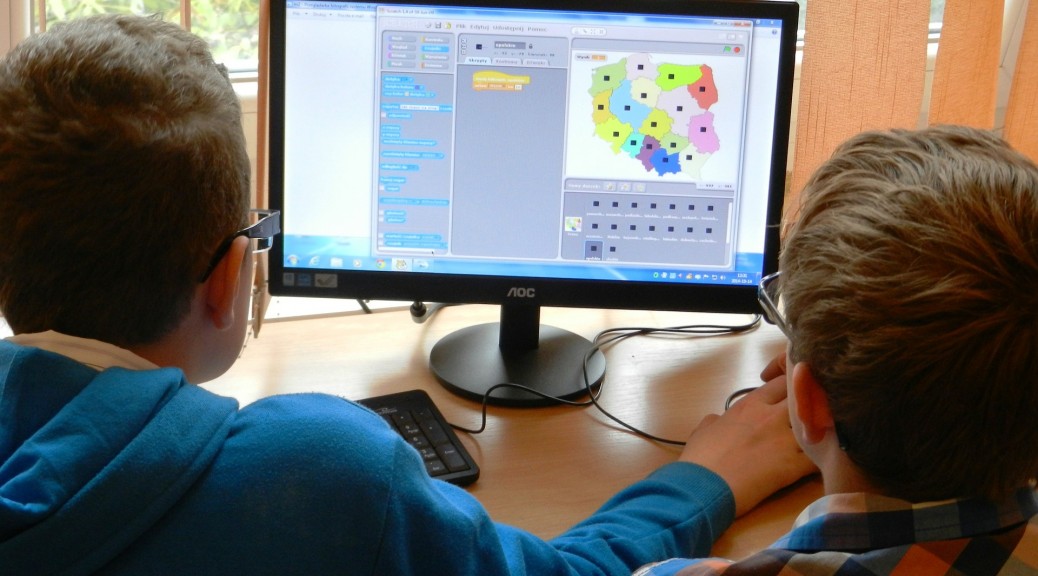We have long known that a well rounded education is the best education. However, people are trying to pit important subjects against one another and the residual effects could be detrimental to young people’s future careers. Consider a recent article for the Tampa Bay Times titled “Editorial: Don’t sacrifice foreign languages for computer coding.”
According to the author of the article, “Sen. Jeremy Ring, D-Margate, is the sponsor of SB 468, which would allow students pursuing a diploma on a college preparatory track to substitute two credits of rigorous computer coding classes for two credits of sequential foreign language instruction. To earn full credit, computer coding students would have to earn a related industry certification at the end of their coursework. The bill would allow students who earn the computer coding credits to be eligible for the Florida Bright Futures Scholarship Program. Each school district would develop a plan for a computer science curriculum and submit it to the Legislature by January 2017. In Florida, students seeking a 24-credit standard diploma are not required to take foreign language classes. But students on track to attend college who wish to receive a diploma with a scholar designation must earn two credits in a world language, which mimics entrance requirements for Florida’s public universities. Ring, a former Yahoo executive, sees coding as its own unique language. But such a switch deprives students of valuable spoken language training, and a coding curriculum fits best within the science and math disciplines. Providing students with the chance to receive two years of coding instruction is a terrific opportunity that goes beyond the state’s existing commitment to expose students to computer science training from kindergarten through 12th grade. But sacrificing traditional foreign language study would be a mistake. Florida, with its large population of Spanish speakers, should be on the vanguard of language instruction, pushing all of its graduates to learn new languages and appreciate different cultures, races and ethnicities.”
CodeRev Kids fills in the need for coding education for California youth. Our lessons focus on computational thinking, which encompasses a wide range of programming concepts and languages. These lessons build upon one another and we adjust starting points to each student’s level of expertise. Thus, the entire curriculum is customized.
We are known for saying we are the most educational tech camp out there, but we also keep the focus on having fun. As a result, students stay engaged while learning to blend creativity with technology.
Sign up for one of our afterschool programs and/or fall classes today!









